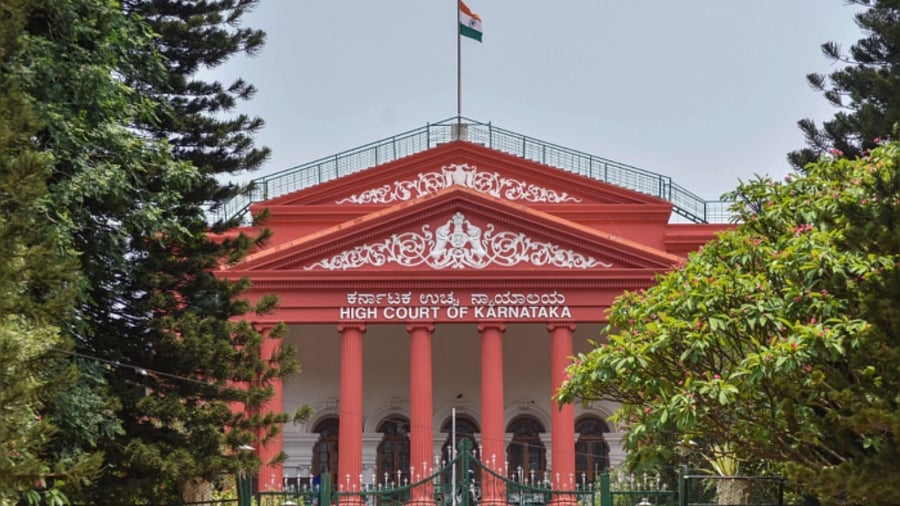
The High Court on Thursday directed the Registrar (Judicial) to collect details from the respective special courts across the state pertaining to the ‘B’ reports filed by the anti-corruption bureau (ACB).
Justice H P Sandesh passed this order after noticing discrepancies in the material submitted by the ACB.
The court is hearing a bail petition filed by P C Mahesh, deputy tahsildar and an accused in a bribery case, also involving former Bengaluru DC (Urban) J Manjunath. In the previous hearing, the Advocate General had given an undertaking to the court to submit material as sought by the court.
As per the material evidence submitted by the ACB, between 2016 and June 29, 2022, B reports have been filed in 105 cases. The special counsel for the ACB also submitted that of the 818 search warrants obtained by the agency, 28 were not executed and the reasons were also stated in the report.
At this stage, Justice Sandesh pointed out that it is incorrect to state that ACB has not filed any B report in the year 2022. He took out material evidence to show that in at least four cases B reports have been filed in the year 2022. The court also cited one such B report filed in 2022 in which the accused was caught red-handed while accepting the bribe.
The court also said that the ACB report regarding the number of B reports filed in the 2021 is also incorrect. The court has directed the Registrar (Judicial) to collect the material from the respective courts by the next date of hearing on July 11, 2022.
‘Lack of enthusiasm by ADGP’
While passing the order directing the procurement of material from the courts, Justice Sandesh said that the court had to resort to this in view of the lack of enthusiasm shown by the ACB and its head ADGP. The court said that public interest is the sole consideration for the court to monitor the functioning of the ACB in a bail petition.
The court cited Apex Court order that had said that if there is lack of enthusiasm on the part of the investigating agency or officer or the government (due to pressure), the high court has got plenary as well as inherent power to set right the
same.
Justice Sandesh said that though as per criminal procedure code (CrPC) courts should not intervene in the investigation, an exception has also been made in certain circumstances. In the case on hand, the court said, the ACB had not made the DC an accused despite categorical statements by accused number one and two about the involvement of DC.
The complainant in the case on hand had claimed that though the DC had reserved his order on March 30, 2022 on his application, pertaining to a land issue, the order was not signed. The bribe amount of Rs five lakh was demanded by a personal assistant (who is before the court seeking bail) of the DC and collected by a private agent.
The court noted that it was only after the court’s intervention that the ADGP took steps to name DC as an accused. Even after this he was issued a notice under section 41 (a) of CrPC facilitating him to approach the High Court. When DC’s petition was rejected by the High Court, the ACB arrested him, the court observed.
